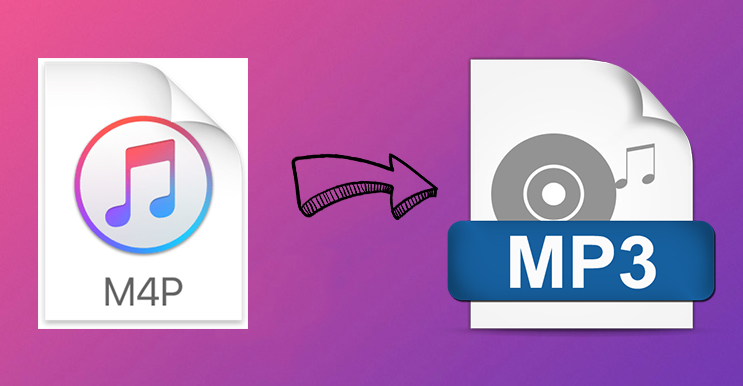

- #CONVERT M4P TO MP3 FREE MOVIE#
- #CONVERT M4P TO MP3 FREE INSTALL#
- #CONVERT M4P TO MP3 FREE PORTABLE#
- #CONVERT M4P TO MP3 FREE ANDROID#
- #CONVERT M4P TO MP3 FREE FREE#
– Batch conversion for many files needing to be converted. – Advanced settings for bittrate and resolutions – Fast and efficient file encoding and compressing
#CONVERT M4P TO MP3 FREE MOVIE#
More ConverterLite Features ConverterLite – Best Software to Easily Convert Audio FilesĬonverterLite is a converting, encoding and compression tool to create, compress, and convert audio files and movie files.

#CONVERT M4P TO MP3 FREE INSTALL#
You may be offered to install the Yahoo Toolbar.

You may be offered to install the File Association Manager.

#CONVERT M4P TO MP3 FREE ANDROID#
Make your audio and mp3 files compatible for your iPhone, iPad, Android smartphone, PSP, PS3, Blackberry and even for burning DVDs.Ĭan be used in English, Spanish, French, Chinese, Russian, Dutch, Japanese and many more languages.Ĭlicking the download button begins installation of InstallIQ™, which manages your ConverterLite installation.
#CONVERT M4P TO MP3 FREE FREE#
Simply add the files you need to convert, select the output device to play to audio or video and then convert with FFmpeg.ĬonverterLite is free software that uses the powerful FFmpeg project to convert audio and video files quickly and simply. Batch converting is possible for all formats.ĬonverterLite is a simple interface to make converting easy. You can also convert from AVI to MPEG or other major formats. Many advanced encoding options too.Ĭonvert MPEG to AVI, FLV to AVI, F4V, and Quicktime MOV to AVI. It is simple to convert files and can be used for batch convert M4P to MP3. I hope this goes some way to explaining why you find yourself in this position.ConverterLite can be used for converting M4P to MP3. In other words, we can make a backup copy of our music.
#CONVERT M4P TO MP3 FREE PORTABLE#
Apple no longer use copy protection, but technically, it is still illegal to make copies of any digital music you buy - except for reasonable backups and for use on portable players. If we sell the CD, while keeping our digital copy, we break copyright law. although legally, if we copy a CD into iTunes, we need to keep the CD copy. We can copy music into iTunes - and again onto our iPod etc. So what has changed is that the music industry (which has successfully managed to kill itself without out help) has now taken a more pragmatic approach. Once that happened, it came as little surprise to me that such copies were protected against copying. Then came selling digital copies of music online. Hopefully, Apple won't mind me saying, but my guess is that the prime reason for not being able to copy from an iPod to iTunes was to placate the music industry. The fact that you and I might simply want to record our grandparents talking about the past never entered the music industry's head.Īlong came the digital format (MP3 etc.). Some countries even went so far as introducing a tape levy an additional cost on top of the purchase price, intended (loosely) to be given to the copyright owners in payment of the "copy" you and I might make of their music. Nothing changed with the compact disc making a copy was still illegal. The reality of course, was that the music industry was going to have a hard time enforcing it. In the music industry's head, we should have purchased the pre-recorded cassette for use in the car, even though we already had the LP. Perhaps you recall the campaign logo: a silhouette of cassette (that looks like a skull) with crossed bones underneath. So even making a tape copy of an LP, to play in your car, was technically illegal. I recall the message on the inner sleeves of many albums that reminded us that " home taping is killing music - and it's illegal". When the cassette recorder (and even more so, the twin cassette recorder) became good enough quality for us to record at home, it caused the music business collective apoplexy. Sounds odd, I know, but that the law for you. All we owned was the physical record, that just happened to contain the music. In law, music has never been "owned" by us, it's always been a "licence". There was nothing illegal about that.Īlthough there are differences between the US and the UK regarding this topic, I don't think the US was significantly different to the UK (where I grew up). I purchased the LP - then made a cassette to play in my car (I'm 53). I'm several years older than you, so I too think of LPs.


 0 kommentar(er)
0 kommentar(er)
